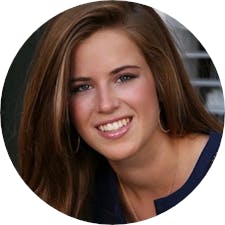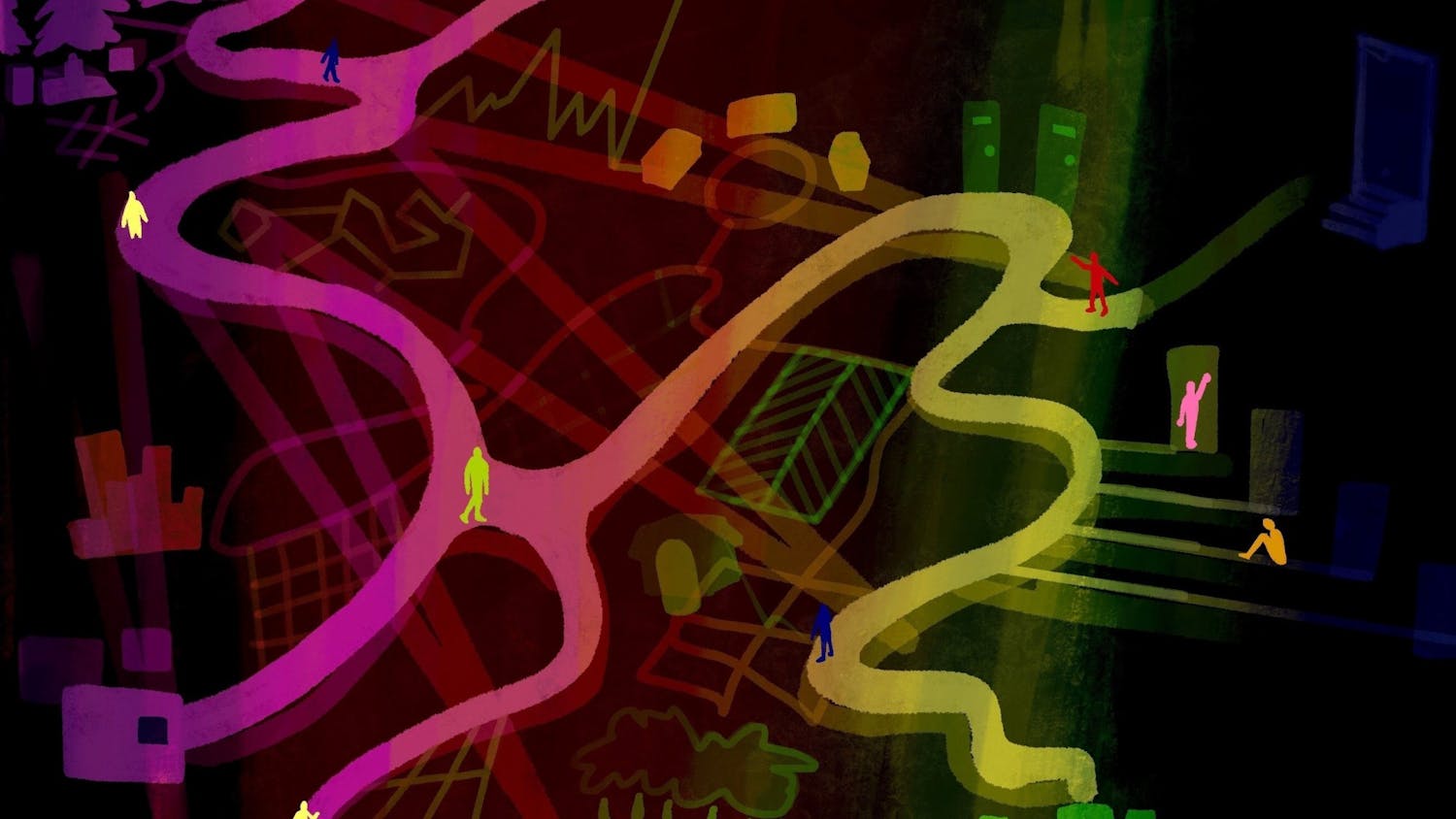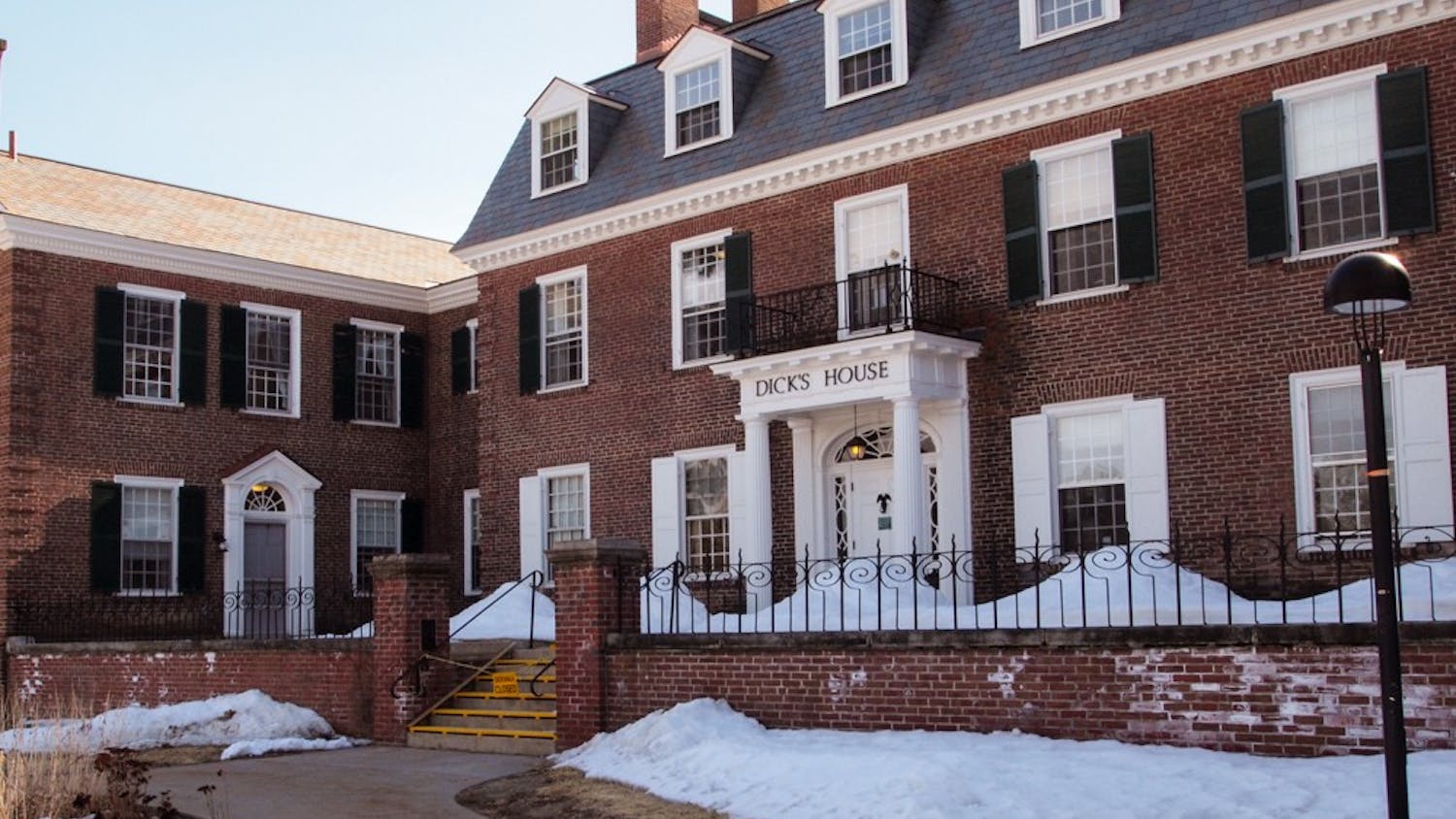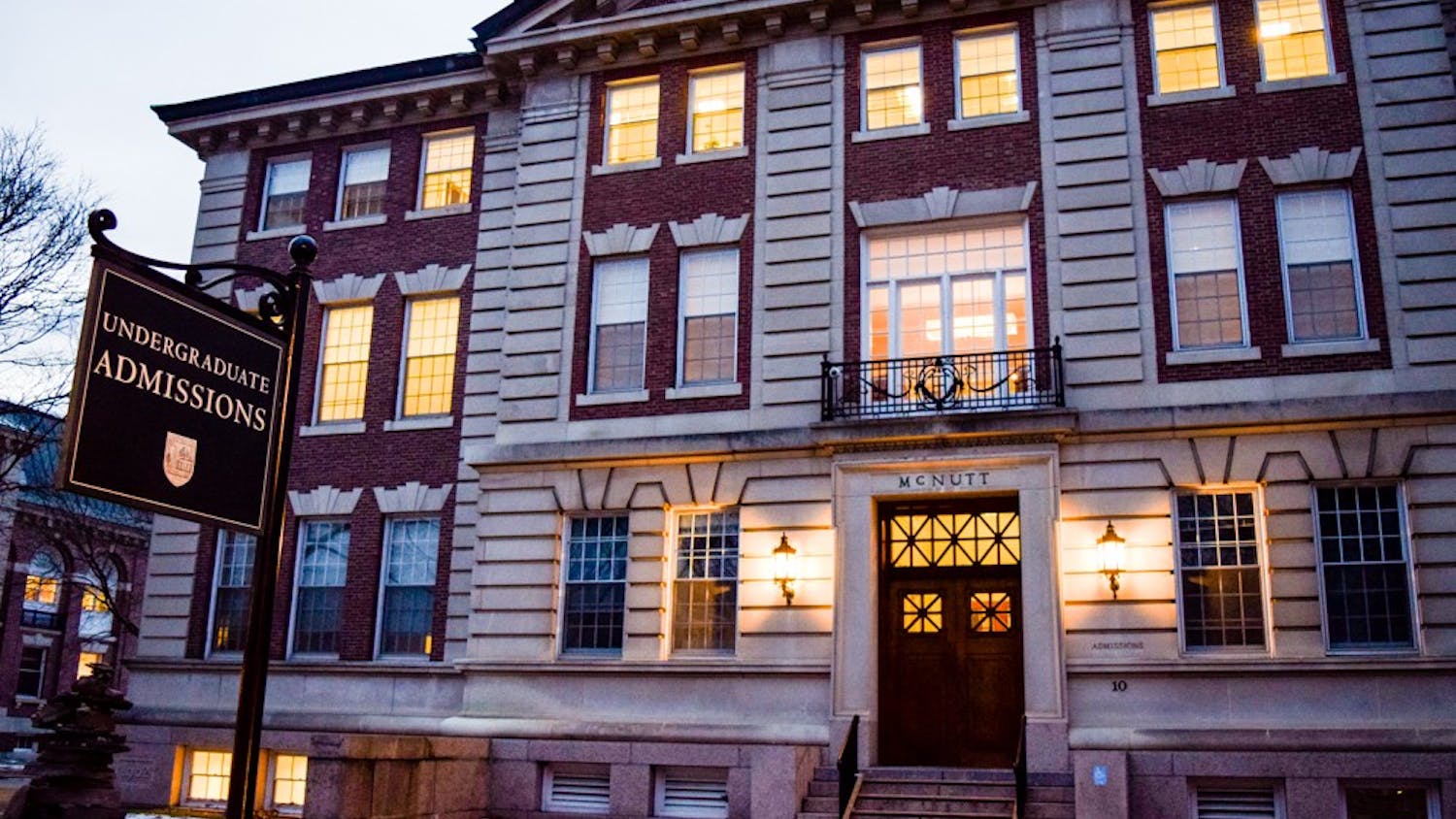Health care workers are like firefighters: They will risk their lives running into a burning building to save people they don’t know. Unfortunately, right now there are often too many people for them to save, and they are entering burning buildings without protective equipment. But they keep running and trying anyway.
When health care workers come home from the hospital, their changed behavior and increased stress make the pandemic tangible for the people in their households. I’ve experienced this firsthand. My dad is a cardiologist in Nashville, Tenn., and since the beginning of the pandemic, he’s developed necessary new habits like showering immediately when he gets home from work, keeping his work clothes separate from ours and sitting further away from us when we are together.
Many Dartmouth students are also coming to terms with their parents joining the frontline of health workers caring for COVID-19 patients.
I talked with Sherrina Hwang ’21, whose mom is an adult respiratory care therapist at the Vanderbilt University Medical Center. Hwang’s mother primarily takes care of elderly people with pre-existing respiratory conditions — one of the highest-risk groups for the coronavirus. Hwang said that interacting with her mom has helped her grasp the scope of the pandemic.
“A lot of people feel pretty separated from the issue, since we all are in our little quarantine bubbles,” Hwang said. “But we have a direct path to see the situation right now through our parents. Even after a couple of days, seeing [my mom] that frightened and anxious made me realize that this is very real.”
Students with health care workers in their families are feeling this anxiety rub off on them, adding to the stress of online coursework.
Molly Rudman ’23 lives on Cape Cod with her younger sister and her parents, who are both doctors. Her mother is a pediatrician, and her father is an emergency room physician.
“[My parents] are definitely more stressed than usual,” Rudman said. “As much as they are planning and preparing for the coronavirus, they’re also experiencing the unknown. I think that unknown is probably scary for everyone, especially when you have a stake and responsibility in it.”
Calvin Atkeson ’22 also sees the psychological impacts of the coronavirus pandemic on his father, a cardiologist in Raleigh, N.C.
“I can definitely tell he’s been more on edge — he’s been on edge since the coronavirus has been breaking out,” Atkeson said. “They’ve taken a lot of precautionary measures at the hospital, though, so that’s helped alleviate it some.”
Atkeson further explained that the peak of his dad’s anxiety did not coincide with the expected peak of coronavirus cases. Instead, the two have had an inverse relationship.
“I think we are getting closer to the predicted peak,” Atkeson said, “and I know that has been a big source of hope for him.”
Similarly, my dad’s stress peaked when the hospital where he works was only around half full. Many hospitals around the country have postponed procedures to open up bed space in anticipation of an influx of coronavirus patients. In the ensuing quiet, my dad said that he feels useless while he waits for the expected surge.
In addition to the anxiety induced by waiting for hospitals to reach capacity, health care workers have to juggle many risk factors when they move between work and home. For example, if health care workers become infected, social distancing within the home best protects their family members, but it sacrifices their need for emotional togetherness. On the other hand, if health care workers become infected through a family member, they may put their patients, many of whom are already compromised, at risk.
Accordingly, staying far apart is the safest way to express familial affection right now. Instead of hugging, parents immediately wash their hospital clothes and shower when they enter the house.
“[My mom is] super conscious of whenever we’re getting close to her,” Hwang said. “Whenever I am walking by her, she makes an effort to keep her distance. Our home is such close quarters, and we are all so close to each other that we are comfortable being so close physically to each other, but now she is stepping out of the way. It’s weird to see, but it is good that she is taking all these extra efforts.”
While in-home distancing exacts a toll on Dartmouth students, health care workers especially need emotional support from their families in a time of health catastrophe. This means that students must adapt to finding new ways to support their parents, even with precautionary measures in place.
Hwang said that she tries to have dinner with her family every night, even though her mom has scooted so far away from her father, her brother and herself that she is practically in a separate room. Meanwhile, Atkeson’s family supports his father by FaceTiming him frequently, since they are currently living in different homes.
As she tackles two pre-med classes this term, Rudman said that she feels inspired by her parents and their work.
“I probably want to go to medical school,” Rudman said, “so it’s been really interesting to be able to hear from my parents about what’s happening in the hospital, different planning measures they’re taking and the different innovations being developed.”
When I spoke with Rudman, her eyes crinkled from a smile when she talked about the things her parents tell her that inspire hope — things like intubation innovations and motel conversions, which may help curb the pandemic and bring our society and our families back together again.





